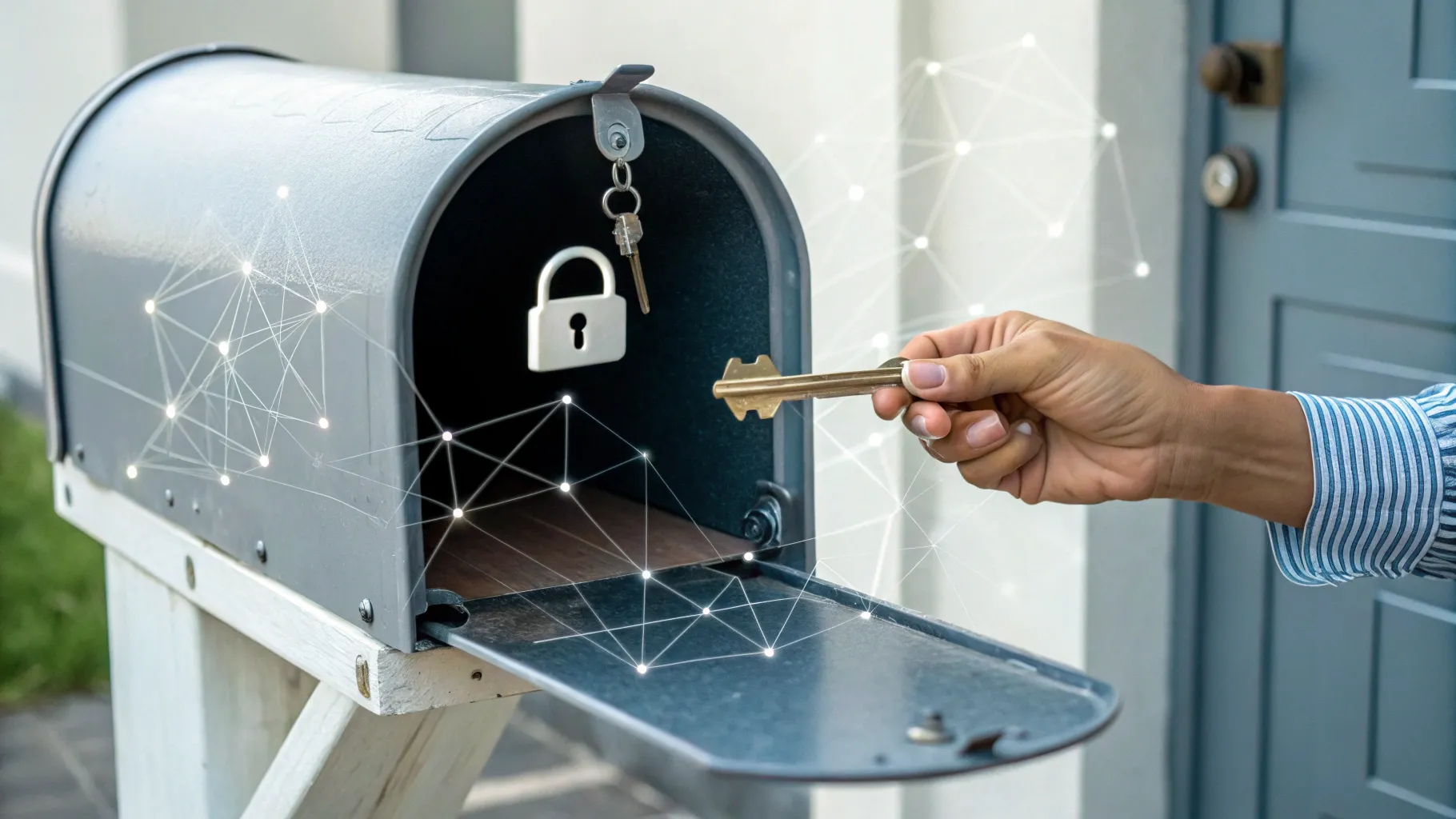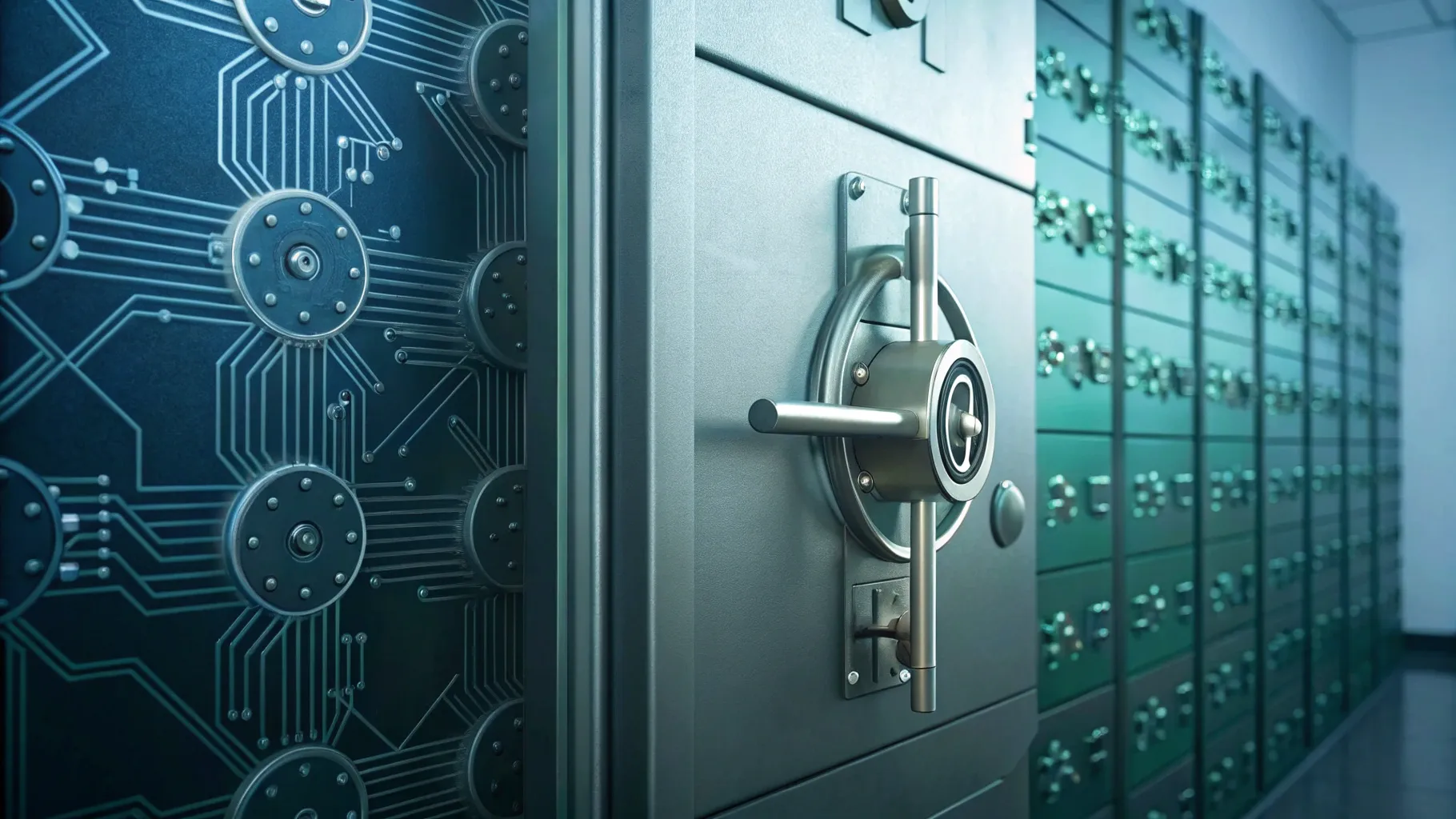Jun 1, 2025
Protect Your Crypto! Public and Private Key Basics
In the ever-evolving world of cryptocurrency, understanding the core security mechanisms that protect your digital assets is paramount. One of the foundational concepts every crypto enthusiast must master is the relationship between public and private keys. These cryptographic tools are the gatekeepers of your funds, enabling secure transactions without exposing your secrets. In this article, inspired by insights from Dr. Funky’s Funky Faucet Vodcast, we’ll unravel the mysteries behind public and private keys, how they work together, and why safeguarding your private key is mission critical to maintaining control over your cryptocurrency.
Table of Contents
- The Cryptographic Backbone of Cryptocurrency: Public and Private Keys
- How Transactions Are Secured Using Keys
- Types of Wallets and Their Security Implications
- Real-World Analogies to Understand Public and Private Keys
- Best Practices to Safeguard Your Private Key
- Why Understanding Public and Private Keys Matters
- Final Thoughts

The Cryptographic Backbone of Cryptocurrency: Public and Private Keys
At the heart of every cryptocurrency wallet lies a pair of keys: a public key and a private key. These two keys are mathematically linked yet serve very different purposes. Think of them as a uniquely paired mailbox and its matching key. Anyone can drop a letter into your mailbox—your public key—but only you have the key to open it—your private key.
In practical terms, your public key, or more commonly its shorter form known as your cryptocurrency address, is what you share with others to receive funds. It’s perfectly safe to distribute your public key widely because it cannot be used to access or spend your funds. Your private key, on the other hand, must remain strictly confidential. It’s the secret code that allows you to unlock and spend the cryptocurrency stored at your public address.
Generating Keys: The One-Way Street of Cryptography
When you create a new wallet, it starts by generating a random number, which becomes your private key. This private key is then transformed into a public key using a one-way cryptographic function. What does “one-way” mean in this context? It means that while it’s straightforward to compute the public key from the private key, it’s computationally infeasible to reverse the process and derive the private key from the public key.
Imagine pouring concrete into a mold: once the concrete hardens, you can’t extract the original mold shape from the solid block. Similarly, the mathematical functions used in key generation ensure that while your public key is visible and usable by others, your private key remains secure and undiscoverable.

How Transactions Are Secured Using Keys
Every time you send cryptocurrency, your wallet uses your private key to authorize the transaction securely. Let’s break down how this works step-by-step:
- You initiate a transaction, specifying the amount to send, the recipient’s address, and any transaction fees.
- Your wallet uses your private key to create a digital signature for this transaction. This signature acts as proof that the transaction was indeed authorized by you.
- The network nodes then use your public key to verify the digital signature. This verification confirms three critical aspects:
- Authenticity: The transaction genuinely originated from your wallet.
- Integrity: The transaction details haven’t been altered in any way since signing.
- Non-repudiation: You cannot deny having signed and authorized the transaction later on.
Because only your private key can produce a valid signature, nobody else can spend your funds—even if they have your public key. This elegant cryptographic dance ensures trustless security, where you don’t need to reveal your private key to anyone, yet the network can be confident that transactions are legitimate.
The Danger of Private Key Exposure
While the public key is safe to share, if someone gains access to your private key, they can fully impersonate you on the blockchain. This means they can sign transactions and drain your wallet without your consent. This is why keeping your private key—and any associated seed phrase—offline and secret is the cornerstone of crypto security.

Types of Wallets and Their Security Implications
Cryptocurrency wallets come in many forms, but one critical distinction is how and where they store your private key. This difference greatly affects your security posture.
Hardware Wallets: The Offline Fortress
Hardware wallets are physical devices designed to keep your private keys completely offline. When you sign a transaction, the data is sent to the hardware wallet, which signs it internally without ever exposing your private key to an internet-connected device. This setup drastically reduces the risk of hacking, malware, or phishing attacks.
Think of a hardware wallet as a locked safe that never leaves your possession. Even if your computer is compromised, hackers cannot access your private keys stored securely inside the hardware device.
Hot Wallets: Convenience with Caution
Hot wallets store private keys on internet-connected devices like your phone, tablet, or computer. While they offer convenience and quick access to your funds, they are inherently more vulnerable to phishing, malware, and hacking attempts.
Using hot wallets requires heightened vigilance—always ensure your device is secure, avoid clicking suspicious links, and consider using hardware wallets for larger balances.

Real-World Analogies to Understand Public and Private Keys
Sometimes, cryptographic concepts can feel abstract. Here are a couple of analogies to make public and private keys more tangible:
- Locked Box: Imagine sending a locked box to someone. Anyone can drop bills into the box (your public address), but only you have the combination to open it (your private key).
- Sealed Envelope: Picture posting a sealed envelope with a wax seal that only you can break. Anyone can see the envelope and drop letters inside, but only you can open and read the contents.
These analogies highlight how public keys are meant to be shared freely, while private keys remain your exclusive secret to access and control your funds.
Best Practices to Safeguard Your Private Key
Maintaining the security of your private key is the single most important step in keeping your cryptocurrency safe. Here are some practical tips to help you protect your keys:
- Never share your private key or seed phrase: No legitimate service or person will ever ask for your private key. Treat it like your most valuable secret.
- Use hardware wallets for significant holdings: Keep large amounts of cryptocurrency offline to minimize exposure to hacking risks.
- Backup your seed phrase securely: Write it down on paper or use metal backups resistant to fire and water. Store backups in safe locations.
- Beware of phishing scams: Always verify URLs and double-check communications before entering sensitive information.
- Keep software updated: Regularly update your wallet apps and device software to patch security vulnerabilities.

Why Understanding Public and Private Keys Matters
Grasping the concept of public and private keys isn’t just academic—it’s essential for anyone who wants to confidently navigate the crypto space. These keys are the foundation of self-custody, empowering you to truly own your digital assets without relying on third parties.
When you control your private key, you control your funds. Conversely, handing over your private key or seed phrase is equivalent to handing over your wallet. This is why many experts emphasize the mantra: “Not your keys, not your coins.”
The Road Ahead: What’s Next in Crypto Security?
As blockchain technology continues to mature, so do the tools and protocols that keep your assets safe. Future topics in crypto education include how transactions propagate through networks, the roles of miners and validators, and consensus mechanisms that secure blockchains.
By building a solid foundation in cryptographic principles like public and private keys, you’re better equipped to understand these more advanced concepts and make informed decisions in your crypto journey.

Final Thoughts
Public and private keys work together in a beautifully orchestrated cryptographic system that secures every cryptocurrency transaction. Your public key is your receiving address—share it widely without worry. Your private key is your secret weapon—guard it fiercely and never reveal it.
Whether you’re just starting in crypto or looking to deepen your knowledge, understanding these keys is vital. Protect your private key, use the right wallets, and stay vigilant against threats. With this knowledge, you hold the power to keep your digital assets safe and maintain control over your financial future.
"Keep your private key safe to increase your chances in maintaining control of your cryptocurrency." – Dr. Funky
Ready to take your crypto knowledge further? Stay tuned to learn how transactions travel through the blockchain network and how miners and validators keep everything running smoothly. Your crypto journey is just beginning!
Disclaimer: The information in this podcast is provided strictly for informational, educational, and entertainment purposes and does not constitute financial, investment, legal, or tax advice, nor an offer or solicitation to buy or sell any security, cryptocurrency, or other asset. Cryptocurrency markets are highly volatile and largely unregulated; you could lose all of the money you invest, and past performance is not indicative of future results. Always do your own research and consult a licensed financial, tax, or legal professional before making any investment decisions. The host, guests, and producers may hold positions in the assets discussed, are not acting as fiduciaries, and shall not be liable for any loss or damage arising from your reliance on the information presented. Portions of this content are generated with the assistance of artificial intelligence and may be incomplete, inaccurate, or out of date; no guarantee is given regarding accuracy, completeness, or timeliness. By listening, you acknowledge and agree that you use this information at your own risk.
We Create Powerful AI Tools for Church Administrators
Sample our Top-Rated Apps for Free - Available Now on our website: https://www.auxadmin.com/
Click Here